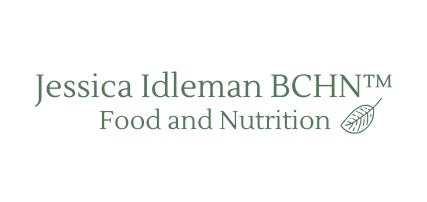Whole Foods Spin
Embarrassing admission here……I once was confused by the term “whole foods”. Maybe in a way I still am, because I still see whole food confusion in others. Maybe it’s a misappropriated term and that’s why folks are confused? Regardless, its misuse by the food industry is intentional.
Yes of course I understood that when comparing something like a grape to grape soda, the grape was the whole food. But the argument can splinter off and get very silly after that.
A pizza made by my own hands with an organic stone ground, whole wheat crust, fresh tomatoes from my own garden, and homemade burrata cheese is “whole foods” right? Maybe so. Is a frozen pizza from Whole Foods (the grocery store), made with a whole wheat crust a whole food? Certainly not! But there aren’t very many distinguishing characteristics from a Whole Foods frozen pizza and one made from scratch is there?
YES there is!!!
In fact there are plenty of distinguishing characteristics of these two pizzas than meets the eye. An example of a scratch made pizza (not a pizza kit from a box), and a frozen pizza (yes even an organic frozen pizza), is a great way to lead into the point of this blog post…..which is that most of us like to think we are eating a healthy whole foods diet but indeed are not. The difference is confusing which is purposeful. Food manufacturers don’t want you to know how to actually cook, or know how to eat healthy. If you did than you wouldn’t buy their convenient, cheap, death-food products.
Instead of assessing a “whole food” based on it’s macronutrient profile ask yourself the following questions:
1) How many loving hands in plastic gloves touched this food before you did (farmers not included)?
2) How many preservatives are required to package and sell this item?
3) How many weeks/months ago was this product made and packaged?
4) How much aluminum (from cheap cookware) and warm plastic (from utensils, storage, packaging) touched this food before it was packaged?
If you can answer all of those questions with a firm ZERO than you have yourself a whole food. Let that sink in for a moment and then ask yourself again how many food products are you bringing home from the store that are really healthy whole foods?
This isn’t intended to make you feel bad. It’s intended to spark an adjustment for course correction. If you consider yourself a healthy eater and dutiful consumer of clean products, yet your freezer and pantry are filled with items that only require you to open and reheat, or open and add water, you might be fooling yourself. This especially if you are eating to be healthy yet are struggling to feel healthy.
Here’s a list of items found in a traditional and authentic whole foods kitchen:
-Fresh or frozen animal foods (meats, organs, bones, eggs, dairy) from animals raised in open fields and natural environments by local farmers or from small companies you trust.
-Untreated, in season, fruits and vegetables, nuts and seeds.
-Preserved foods made from untreated, in season fruits and vegetables, including condiments.
-Dried whole grains such as rice and beans.
That’s it! Such beautiful simplicity can be found in a true-blue whole foods kitchen! I was compelled to punch out this blog post to address the steady stream of people I encounter who feel compelled to look me in the eye and say “I eat a healthy diet”. Most, (not all) of those who want to say this to me I know do not cook or have lifestyle diseases they are managing with medications instead of lifestyle changes.
It is not my job to judge what others eat, even those who pay for my time to evaluate what they eat. I do my best to shift into a state of compassion on this topic. We are constantly being conned in the effort for someone else to make a buck. I see the same advertising, programming, and fake science propaganda that you see. I’m just trained to process it differently. That being stated, it is common for people in my industry to become misaligned with fake food products and supplements too.
It happens to us all. Every day smart people make bad choices. Smarts do not disqualify you from this category. In fact it’s the self-identified smarties I see who are the most susceptible to food confusion! The assumption that we are informed, critical thinkers is the perfect set up. With enough repetition and saturation of messages that tell us the new order and definition of things, we all are susceptible to brainwashing and breaking with common sense.
I am here to provide clarity and tools for building discernment. And I also am going to eat really excellent pizza from time to time regardless of whether I can qualify it as a legitimate whole food or not. I’ll be alright.
